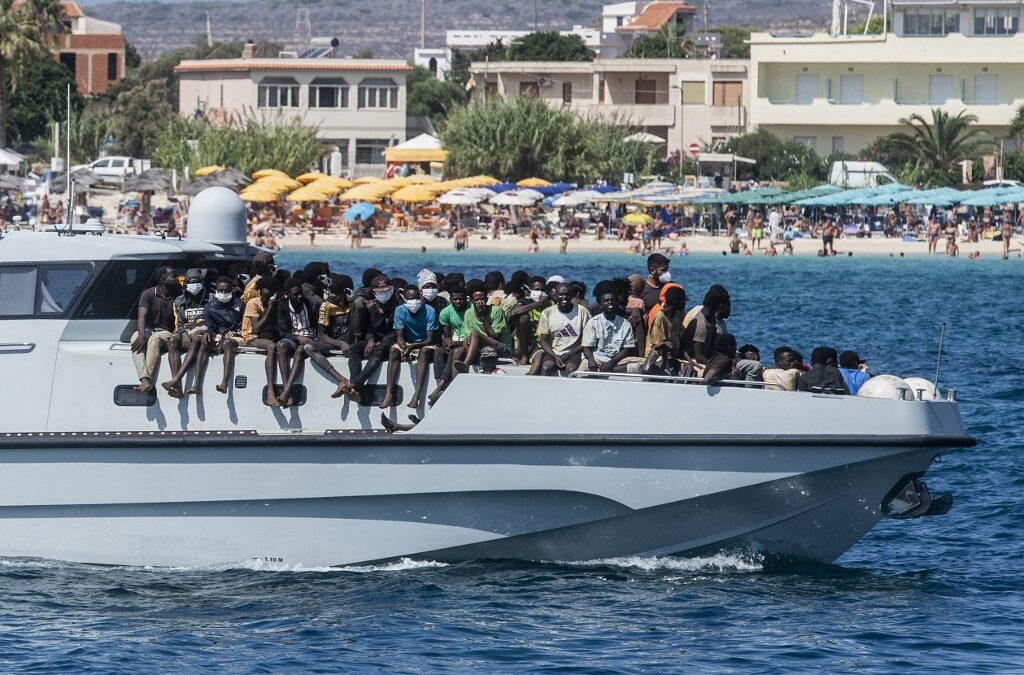“The chain is only as strong as its weakest link. That is certainly the case for the European return system, which needs to be improved,” stated outgoing Secretary of State Nicole de Moor (CD&V) in Luxembourg. She advocated for a revision of the 2008 return directive, with faster procedures for those posing a security risk and a legal obligation to cooperate, in line with the new Belgian law on the assertive return policy.
In a recent non-paper, supported by Germany and France, among others, the Netherlands and Austria champion a “paradigm shift.” “People without the right to stay must be held accountable. A new legal basis must clearly outline their obligations. Non-cooperation should have consequences and be punished,” it states. “The current legal framework insufficiently reflects the needs of member states to ensure effective removals.”
According to Eurostat, last year 484,160 third-country nationals in the European Union were ordered to leave the territory, but only 18.9 percent were effectively deported. Outgoing European Commissioner Ylva Johansson did note that recent figures look more favorable. “We have 40 percent fewer irregular arrivals. Return rates have increased by 18 percent so far this year, so things are moving in the right direction,” said the Swede.
Under the banner of “innovative solutions,” member states like Hungary and Italy are also proposing politically sensitive ideas, such as so-called return hubs in third countries. However, according to diplomats, such proposals have little chance in European circles. The debate among ministers precedes the European summit at the end of next week, where the heads of state and government of the member states will also discuss migration policy.
 go to the original language article
go to the original language article
